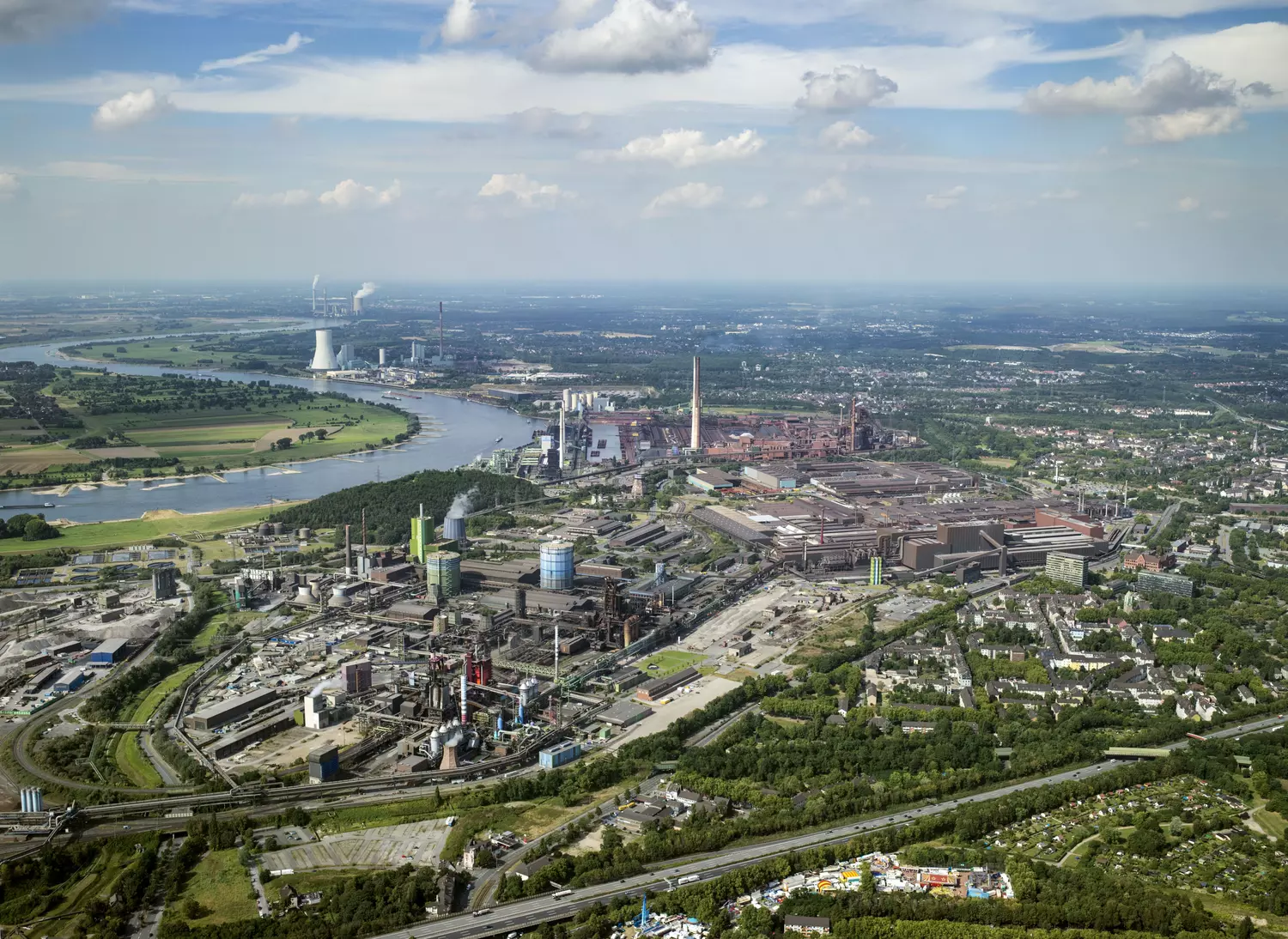The biggest challenges go hand in hand with the greatest potential. Today, integrated steel mills produce around 1.3 billion metric tons of crude steel annually, accounting for 90 percent of the steel industry's CO2 emissions. Every year, more than 30 million metric tons of crude steel capacity will have to be converted to climate-neutral processes to achieve the current climate targets alone.
The time is now for SMS group to make the most of its unique core competencies, technologies, and partnerships because we are the only supplier worldwide that can provide all climate-neutral processes from a single source. From green hydrogen to direct reduction and electric steelmaking to the conversion of downstream processes - with solutions that our customers can use in the short, medium, and long term.
Our green steel lighthouse projects
SMS group email service
Our promise to you: this is not another newsletter!
Use our contact form for questions, inquiries or personal contact.
Decarbonizing ironmaking
Nearly 80% of greenhouse gas emissions in steelmaking come from iron production. Our innovative technologies empower customers to decarbonize in ways that best suit their unique market conditions—whether it's the availability of raw materials and energy or evolving regulatory landscapes.
Reducing emissions along the complete process chain
Also the downstream processes bear a great potential for a significant reduction of the CO2 footprint, to save energy as well as input materials, water and consumables, to reduce emissions or to increase recycling rates in every single stage of production. Our activities in this field also cover auxiliary plants and processes such as gas cleaning, energy recovery, recycling of by-products or water treatment.
